‘Jeni died after taking drugs – we need to be more frank about them’
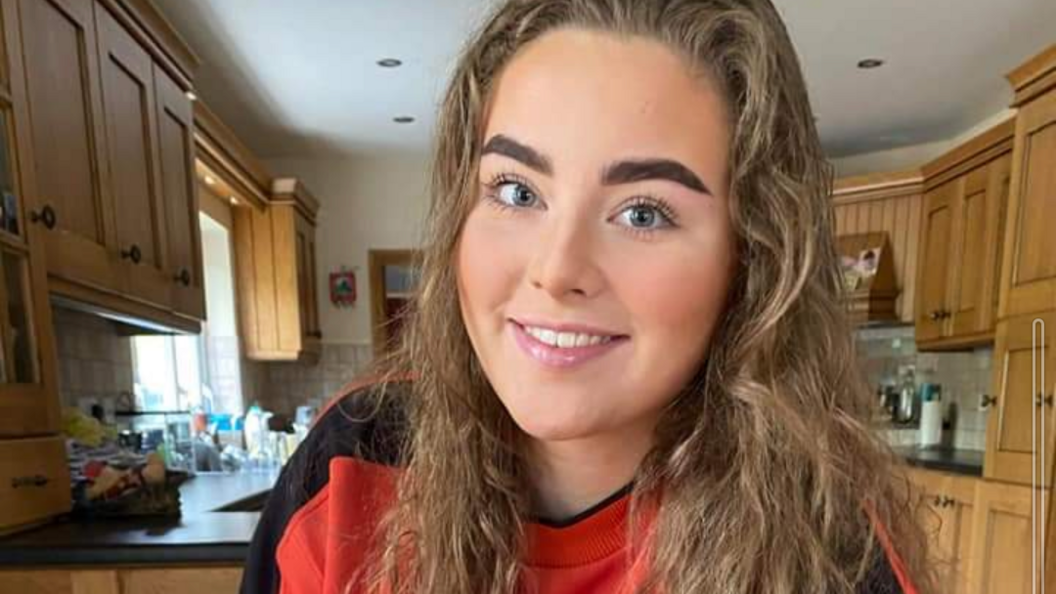
Jeni Larmour died aged 18 after taking ketamine on her first day of university
- Published
"The cost to us was that we lost our children, and we need to live with that every single day."
In October 2020, Sandra Larmour's daughter Jeni died hours after arriving at Newcastle University to begin her degree.
The 18-year-old from County Armagh died after taking ketamine given to her by one of her new flatmates.
Now Sandra and the mother of a schoolboy from London who died after taking ecstasy have come together to call for more drug education in Northern Ireland's schools.
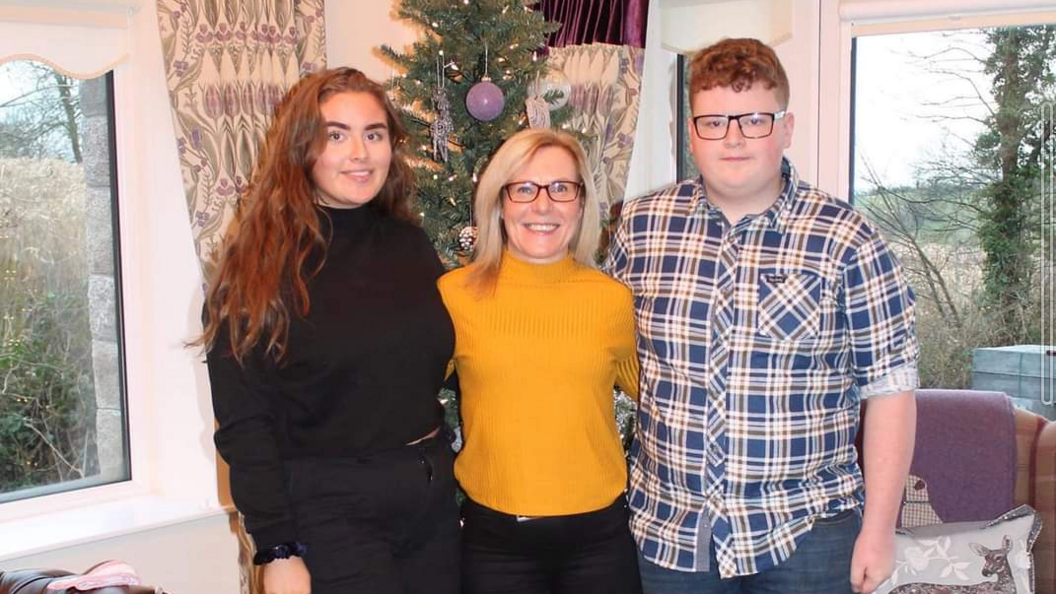
Jeni alongside her mum Sandra and brother Daniel
Sandra Larmour and Fiona Spargo-Mabbs spoke to BBC News NI about their children, their experiences, and why they want schools - and parents - to have frank conversations with young people about drugs.
Sixteen-year-old Daniel Spargo-Mabbs from south London, died after taking ecstasy at an illegal rave in January 2014.
His parents set up a charity, The Daniel Spargo-Mabbs Foundation, in his memory to educate young people about the danger of drugs.
They also commissioned a play for schools by writer Mark Wheeller, titled after Daniel's last words to Fiona as he left home to attend the rave.
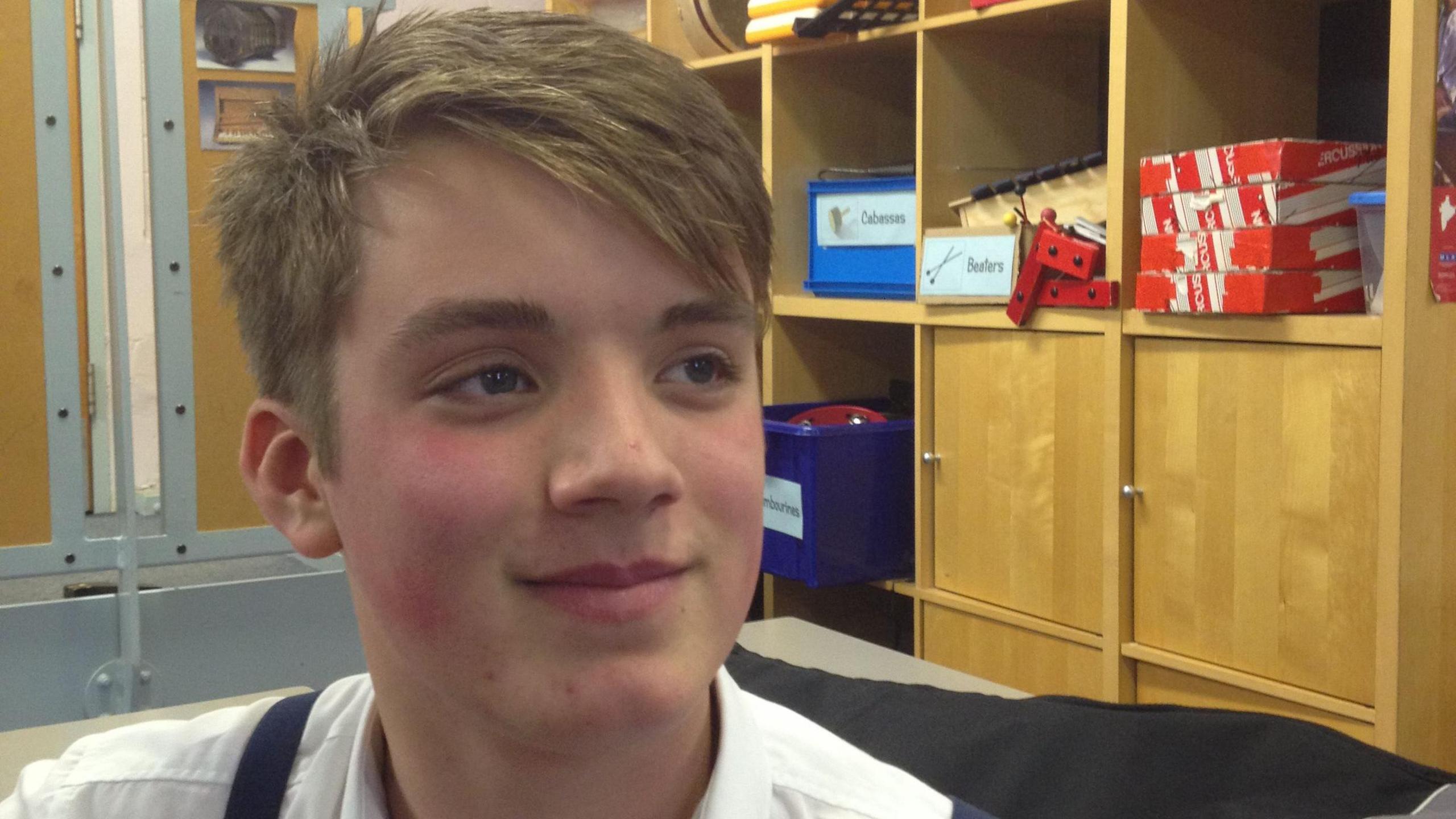
Daniel Spargo-Mabbs died after taking ecstasy at an illegal rave in January 2014
"I Love You, Mum – I Promise I Won’t Die" has toured schools in England and Scotland and is now set to be performed in Northern Ireland.
The new production, by Coleraine-based Ever Unique Productions, will tour schools in Northern Ireland in spring 2025.
Fiona Spargo-Mabbs and Sandra Larmour attended a Christmas fair held in Larchfield Estate in Lisburn to raise support for the production.
'You relive those moments'
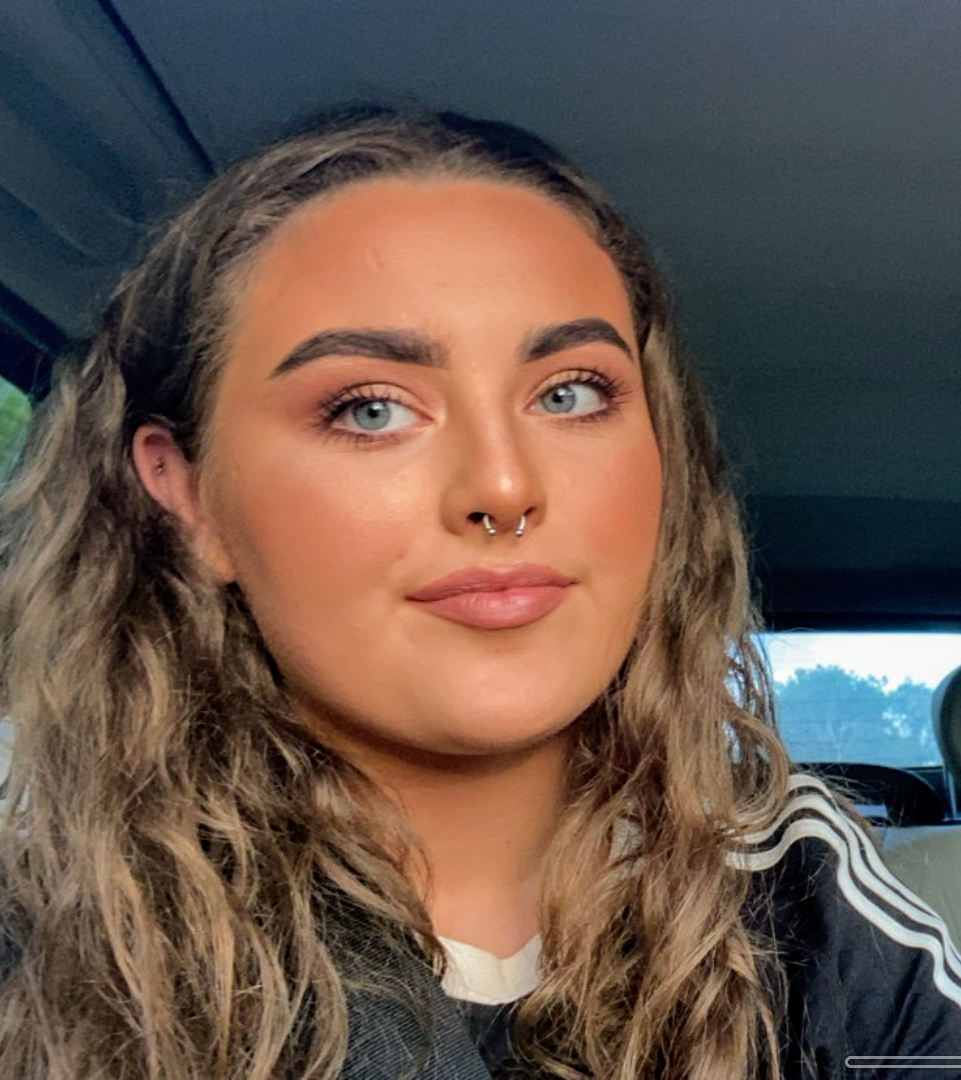
Jeni's mum said she made friends wherever she went
Although Jeni died in 2020, Sandra said it felt like just yesterday.
"You relive all those moments every single day," she said.
"I know it's happened; I know she's not coming back, but there's part of me that goes, 'Did it really happen?'
"Jeni as a person was very vibrant—she got involved in everything.
"She was just a very outgoing, friendly person—lots of friends no matter where she went."
'He was full of enthusiasm'
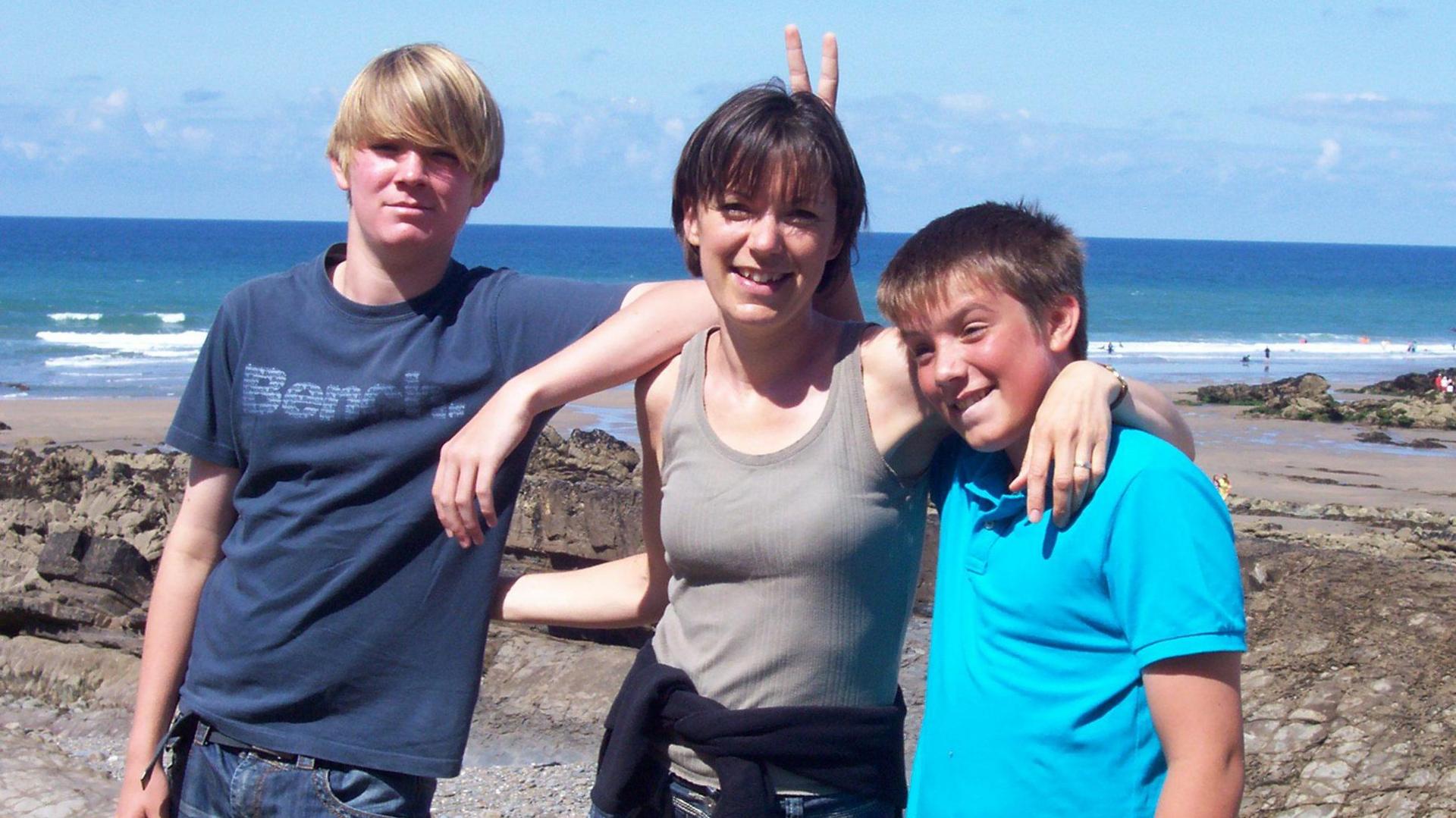
Fiona alongside Daniel and his brother Jacob on a family trip to the beach
Fiona Spargo-Mabbs said that Daniel was very similar to Jeni.
"He was full of life and energy and enthusiasm," she said.
"At the point he went out for that last night, he was doing really well; he was in a really good place.
"So at the point he came home on a Friday evening and said, 'Is it ok if I go to a party with some friends not far from home?', after all the usual checks and him reassuring me that he's sensible and responsible, I said yes."
Fiona said she had assumed as a parent that he was getting drug education at school.
"It turned out that he wasn't, but he wasn't alone in that," she said.
'As a parent, I wasn't informed myself'
Sandra Larmour said she used to warn Jeni about the dangers of getting her drink spiked if she was going out, but that drugs were never really a topic of conversation.
"I suppose I, as a parent, wasn't fully aware of that; I wasn't fully informed myself," she said.
She said there were gaps in what young people were getting taught about drugs in school.
"We need to bridge the gap up to where young people become fully informed of what is out there, what the dangers are, what the types of drugs are, and what the effects of those can be," she said.
She also said young people had to be aware of the dangers of mixing alcohol and drugs and how to deal with peer pressure.
She said Jeni had been drinking with other students before she took the ketamine that led to her death.
"Was there the element of 'I'm at university now, I'm a big girl, I can fit in' and this is what you do?" she said.
The two women said that the play about Daniel's story, performed by young actors from Northern Ireland, could make the experience real for young people.
"It can be such a powerful way of communicating a message to young people," Fiona Spargo-Mabbs said.
"What happened to Dan it could be anybody's story."
The play is studied by GCSE students in England and Wales and has toured schools, but is now set to be performed in schools in Northern Ireland.
There will also be a public performance in Portadown town hall.
'I want everyone to know Jeni's story'
"We just don't want another family to go through this," said Sandra Larmour.
"I want to make sure that everyone in Northern Ireland knows Jeni's story, that they can draw on that and be able to help their own children out.
"With Jeni's name being mentioned in this, for me it keeps her memory alive.
"But predominantly, my reason is to stop another parent getting that phone call."
Both mothers said there had been "complete enthusiasm" when they had discussed the play and the work in schools with politicians and education officials.
They have also met the Education Minister Paul Givan.
But Fiona Spargo-Mabbs said she could no longer watch her son's life and last moments on stage.
"I've banned myself from ever watching it again," she said.
"I don't feel I've even begun to process lots of things and kind of even accept that this is something that's actually really happened, although of course I know it has.
"But facing that is really hard."